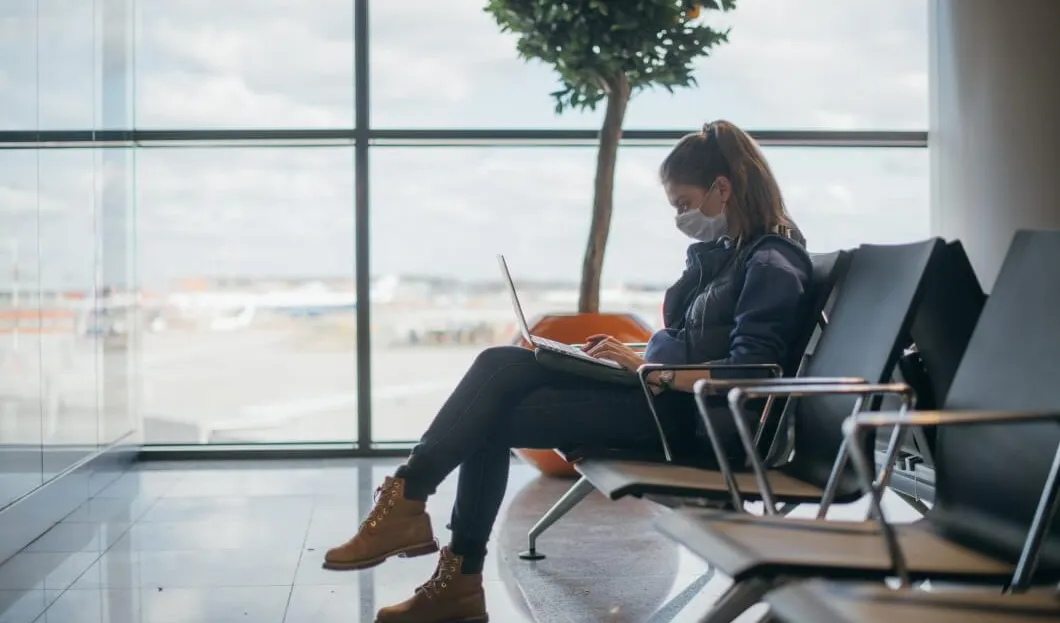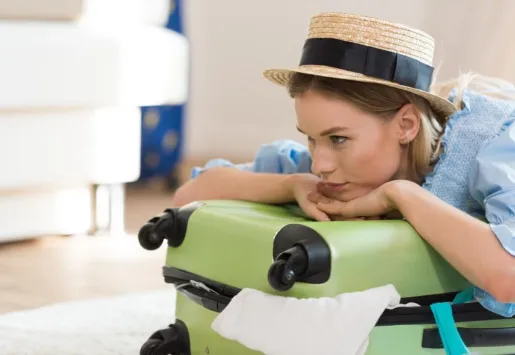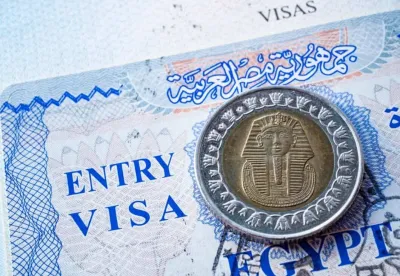
The Corona crisis has not only massively reduced the number of business trips, it has also noticeably changed the gender ratio of travelers. Business travel has once again become a male domain in recent months. This is the conclusion of AirPlus International after evaluating 300,000 flight bookings in January and October 2020. The Lufthansa subsidiary looked at business travelers in Germany, France, Italy and Great Britain. Women travel less.
Before the Corona pandemic, about every fifth business traveler in Germany was a woman. According to the study, it was 18.6% in January 2020. This percentage has risen slightly in previous years. However, due to the pandemic, it went down: in October, only 12.1% of business travelers were female. So there is currently only one woman for every eight male business travelers.
There are several complementary explanations for this decline. "Firstly, we observe that certain occupational groups travel more than others because their presence on site is mandatory to carry out their work locally," explains AirPlus Marketing Manager Yaël Klein. These include, for example, installers and field engineers. These positions are predominantly held by men. "Secondly, we see that in certain industries people travel more than in others," Klein continues. Companies in the energy sector, for example, have more business trips than software providers. In addition, it is also evident that women are more likely to stay at home to maintain family life and look after children during the pandemic. "Here we could see the return to traditional patterns very early on, as the first schools closed. Even after the schools reopened, not much changed," Klein concludes.
A comparison with other European countries is interesting: The decline in the percentage of female travelers in Great Britain is even more drastic than in Germany. Before the start of the pandemic, the percentage of female travelers there was 24.5%, but it plummeted to 13.6% in October. The negative trend is less pronounced in France, which had almost exactly the same percentage as the UK at the beginning of the year. Here, one in five business travelers was still a woman in October. Bringing up the rear in this country comparison is Italy - a country with a traditionally low proportion of women travelers. Whereas before the pandemic the figure was 17.5%, today only one in ten travelers (10.7%) is female. A rather classical understanding of roles is considered one of the reasons for this.
While the sharp decline in the percentage of women among business travelers in Italy comes as little surprise to the experts, the drifting apart of the trends in France and Great Britain is remarkable. "According to our observations, differences in the application of short-time work schemes play a role here as well as different approaches to school and office closures," explains the AirPlus marketing manager. She emphasizes that although the data show patterns of behavior, they cannot be explained in detail. What is important, she says, is that once the pandemic is over and business travel has returned to normal, the trend will reverse. Business travel should then no longer be dominated by men to such an extent.













